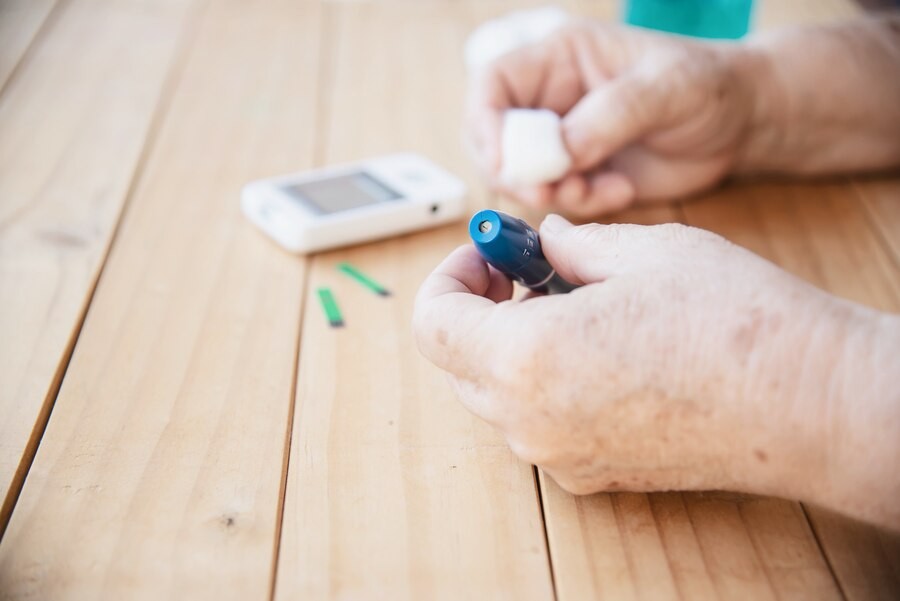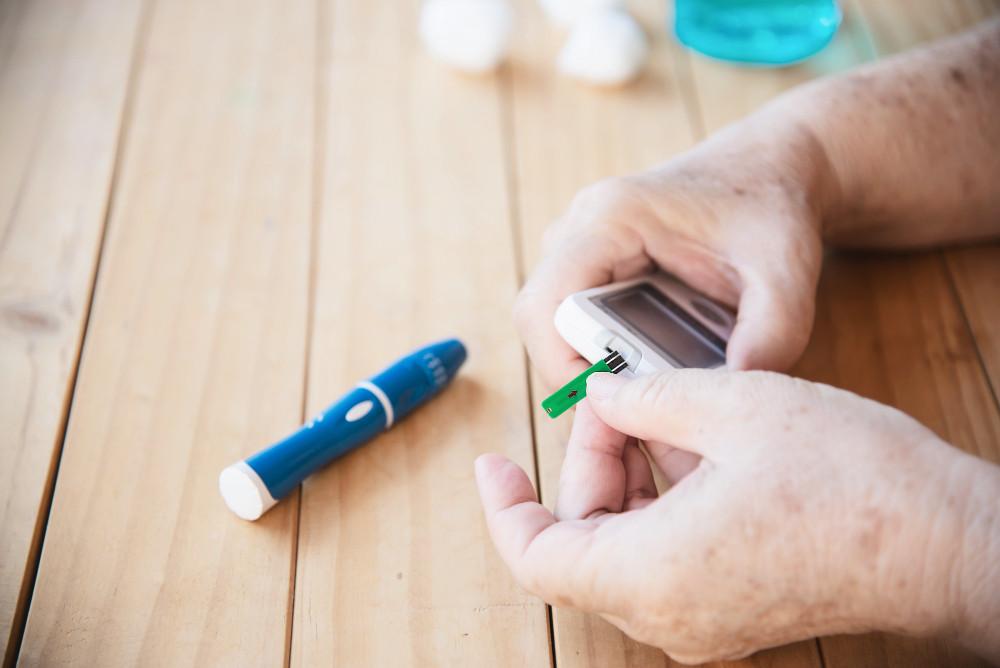Who doesn’t love sweet foods and drinks? Eating sugary treats can make us feel happy and even a bit addicted. However, too much added sugar can lead to serious health problems, such as diabetes and tooth decay. So, what happens to your body when you stop consuming sugar? Here’s what you need to know.
What counts as sugar?
Sugar can be categorized into two types: natural sugar and added or artificial sugar. Natural sugar is found in fruits, vegetables, fresh milk, and grains. On the other hand, added or artificial sugars are those added to foods and drinks during processing or preparation.
According to the Dietary Guidelines for Americans (DGA), it is recommended to limit added sugars to a certain percentage of your daily caloric intake. However, there is no specific limit for natural sugars. Added sugars include those found in candy, ketchup, soda, and other forms of sugar like galactose, glucose, fructose, lactose, maltose, and sucrose.
This is what happens when you stop consuming added sugar
Excessive consumption of added sugar can increase the risk of chronic diseases such as heart disease, obesity, diabetes, Alzheimer's, depression, poor dental health, and some types of cancer. Reducing your intake of added sugars can help minimize these risks and improve your overall health.
When you stop consuming added sugar, you might experience both physical and mental symptoms. Keep in mind that these reactions can vary from person to person. The symptoms and severity depend on how much sugar you typically consume daily.
Mental symptoms
- Feeling sad or depressed: If you’re used to getting sugar from sweet drinks, you might feel sad or depressed when you cut it out. This is due to a decrease in dopamine release, which affects mood.
- Anxiety and Restlessness: Stopping sugar can trigger anxiety, nervousness, irritability, and mood swings.
- Sleep Changes: Some people may experience difficulty sleeping or excessive sleep after stopping sugar.
- Cognitive Issues: Difficulty concentrating or focusing.
- Cravings: You may experience cravings for sugary foods or other carbohydrate-rich foods like bread, pasta, or chips.
Physical symptoms
When you stop consuming sugar, you might experience physical symptoms such as:
- Mild headaches
- Dizziness
- Fatigue
- Nausea
- Bloating
You can experience these symptoms at the beginning of quitting sugar or if you stop suddenly. This condition can last several weeks while your body adjusts.
Tips for cutting out added sugar
Eliminating added sugar can have numerous health benefits, such as:
- Lowering bad cholesterol levels
- Helping with weight loss
- Reducing the risk of diabetes
- Improving skin health and youthful appearance
- Minimizing the risk of tooth decay
However, quitting sugar abruptly can lead to withdrawal-like symptoms such as trembling, headaches, muscle pain, nausea, and bloating. To avoid these symptoms, try reducing your sugar intake gradually.
- Replace sugary drinks with water or infused water
- Increase your intake of protein, fiber, and fresh fruits
- Avoid packaged foods and drinks
- Focus on a diet rich in whole foods
Pay attention to your daily diet to see if you’re consuming more added sugar than you realize, such as through sweetened tea and coffee, packaged juices, or sugary desserts. Excessive sugar consumption can lead to various health issues.
If you have questions about nutrition, you can either consult a nutritionist or make use of the consultation features that are available in the Ai Care application by downloading the Ai Care application from the App Store or Play Store.
Looking for more information about other diseases? Click here!
- dr Nadia Opmalina
Byrne, C. (2023). What Happens When You Stop Eating Sugar?. Available from: https://www.health.com/nutrition/what-happens-when-you-stop-eating-sugar#.
Frysh, P. (2023). What Happens When You Cut Out Added Sugar?. Available from: https://www.webmd.com/diet/ss/slideshow-effects-cut-added-sugar
Santos-Longhurst, A. (2024). Sugar Detox Symptoms. Available from: https://www.healthline.com/health/sugar-detox-symptoms
Williams, C. (2023). What Happens to Your Body When You Cut Out Sugar. Available from: https://www.eatingwell.com/article/7869775/what-happens-to-your-body-when-you-cut-out-sugar/












